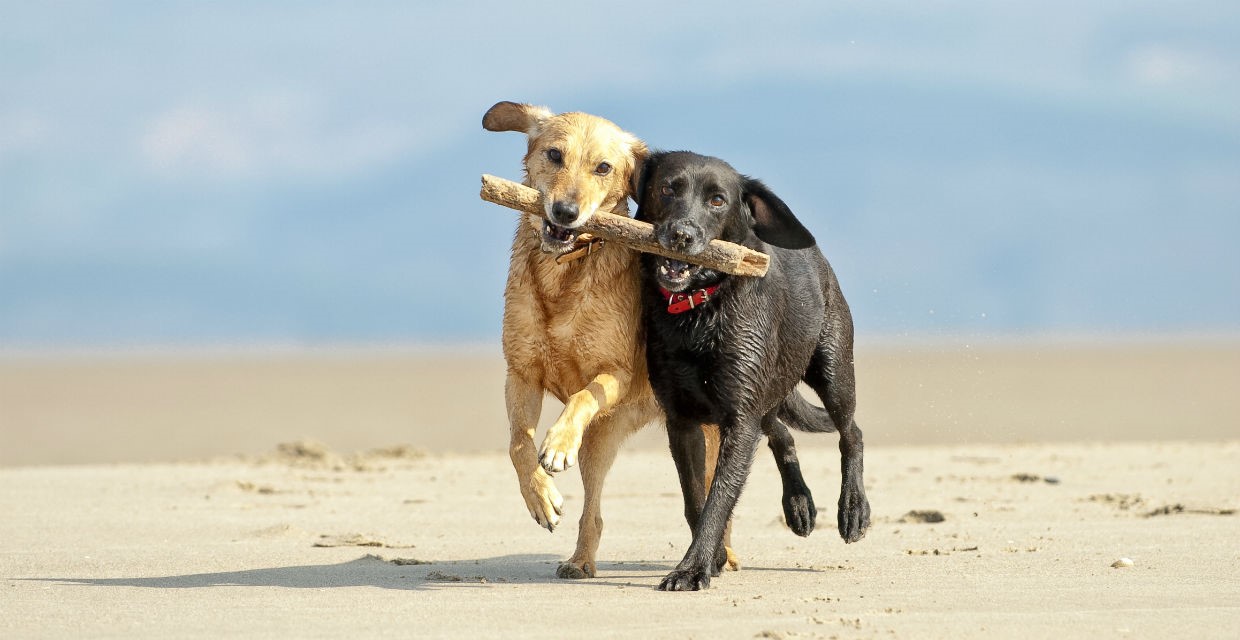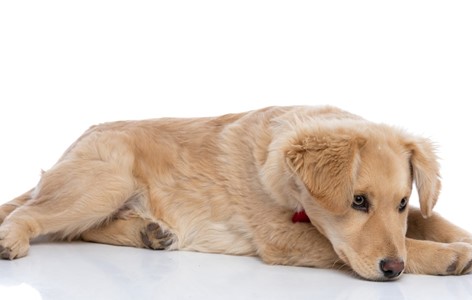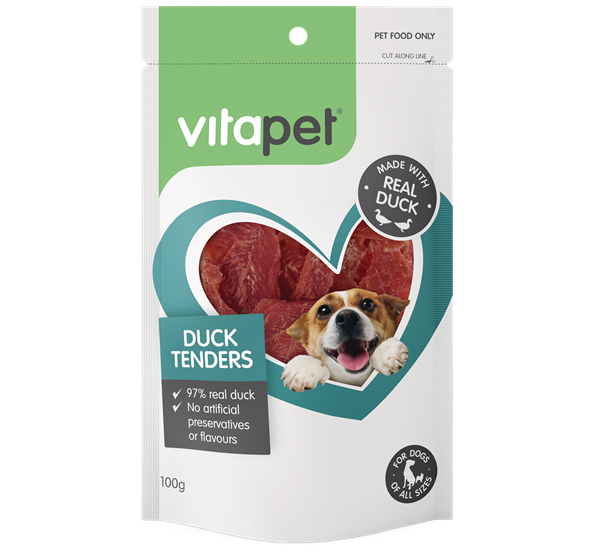Exercise is important for the physical and mental health & development of puppies and dogs.
But how to you know what the right about of exercise is for your dog?
So why is exercise important for your dog?
Just like us, dogs need physical exercise to stay healthy. Physically fit dogs are less likely to suffer from joint issues, diabetes and some forms of cancer. Dogs also need vitamin D from the sun to stay healthy, so getting outdoors for exercise is important.
Exercise provides a form of enrichment (e.g. seeing new places, smelling new scents etc) which promotes emotional wellbeing. It’s also an essential aspect of ongoing socialisation with the outside world.
Providing too much or too little exercise can negatively affect your dog’s health. Too little exercise and your dog is at risk of obesity, too much exercise and your dog or puppy could be at risk of overheating or stress their joints or injure their paw pads.
Do exercise requirements vary with the age, size and breed of dog?
The short and accurate answer is, yes.
The amount and type of exercise your dog needs varies depending on their age, size and breed. For example, puppies are still growing so they should not be exercised excessively, to ensure they have the energy to still grow and develop. A short gentle walk or play in the backyard may be sufficient for a young puppy. As they grow you can gradually increase the time you walk or play with them.
Smaller dog breeds may only require a daily walk around the block, whereas working breeds have a much higher daily exercise requirement.
Giant breeds don’t require as much exercise as other breeds and are more at risk of over-heating and injuring joints. As dogs age they tend to need less exercise. There are also individual differences, so it’s best to tailor your dog’s exercise routine to their needs.
Easy ways to Exercise your Puppy or Adult Dog
Exercising your dog needn’t be a chore. There are many ways you can easily incorporate exercise into your dog’s daily routine. Here are some ideas you might like to try:
- Play with favourite toys – Having some favourite toys on hand for a play session in the backyard or even inside can provide good exercise for puppies, small breeds and older dogs
- Feeding Enrichment – Feed your dog from a food dispensing toy for added physical and mental activity
- Training – Daily training sessions using positive reinforcement promote desired behaviour and are mentally tiring for dogs and puppies, especially when teaching new behaviours
- Walks – Most dogs love walks. On lead walks are great but off lead are even better as they allow more exercise and the opportunity to sniff and explore
- Adventures – If you’re short on time there are professional dog walkers who can exercise your dog and even take them on adventures
























